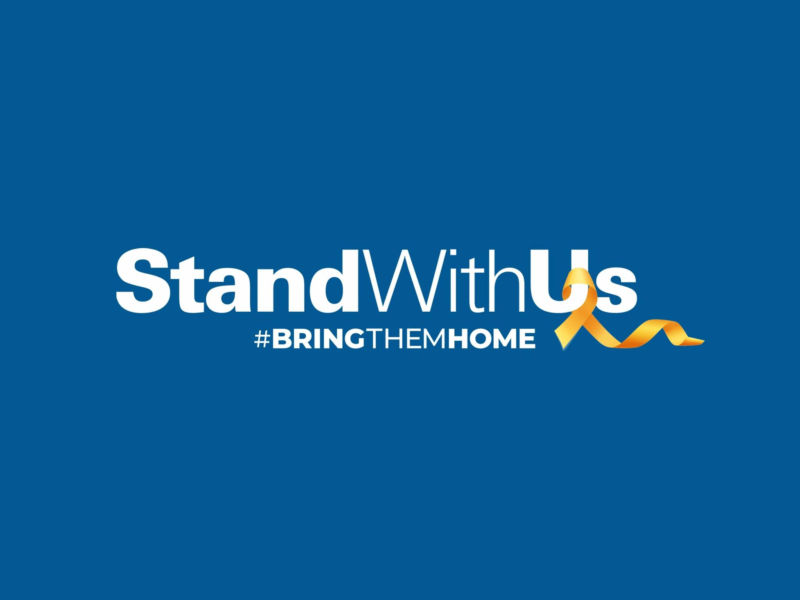As one of the four pilot sites of the national Israel advocacy training program developed over the past year, Portland is poised to put the intensive preparation to the test. This spring about 20 Portlanders attended three programs presented by Israel Action Network Deputy Managing Director David Dabscheck and his assistant Noam Gilboord. The training included effective ways to respond to the Boycott/ Divest/Sanction movement, which Dabscheck calls a “strategy to undermine the legitimacy of the state of Israel.” Unlike the American Israel Political Action Committee and J Street, which lobby legislators and other elected officials, IAN reaches out to other faith groups, nonprofits and campus groups to seek common ground.
“Portland will serve as a model we can take across the country,” says Dabscheck. “We need to reach out to groups with messages that resonate with them,” he says. “We need to engage the moveable middle … (about) the complexity of the situation in hopes they will understand delegitimization is not working to resolve (the Israeli-Palestinian conflict).”
For instance, in April a group of mainline pastors signed a letter to the Jewish Federation of Greater Portland supporting BDS. “They are people we work with on social justice issues such as hunger,” says JFGP’s Robert Horenstein. “We hope to start a dialogue with them on why they signed the letter … and to explain the vision we share of a two-state solution and convince them the BDS approach undermines that shared vision. … Ultimately this comes down to relationships.”
When the Presbyterians voted for divestment from companies doing business in Israel in 2004, the Jewish community was caught by surprise. “The point of this project is we are building the right relationships so those headlines don’t happen,” says Dabscheck. Those who participated in the training include Community Relations Committee members, young professionals and Portland State University students. Following the training, each group strategized plans to defuse the BDS movement within their own circle. When classes resumed this fall, the PSU student group received a $1,200 grant from IAN to do outreach to student groups and the student body government.
Amy Albertson, 22, one of the PSU students who participated in the training, says she got involved in Israel advocacy because she saw a need for it on campus. “We showed a screening of “Israel Inside” … that was protested by Students United for Palestinian Equal Rights. They came in with their hands bound and their mouths taped … then left. They never even watched the film, which was completely apolitical, or stayed for dialogue or anything. This was my initial introduction to the fact that there were entire student groups on our campus who demonize Israel.” She says there has also been a lack of acknowledgement by the university administration that much of what is said against Israel crosses lines of hate speech. As an intern with the Israel On Campus Coalition, Albertson says she has attended many advocacy trainings, but she still learned a lot at the IAN trainings.
“IAN did a really good job of driving home the point that you can be both pro-Israeli and pro-Palestinian,” says another IAN participant, Ben Weiner, president of Young Adults Supporters of Israel and a member of the CRC’s Israel Advocacy Committee. “Oftentimes the pro-Israeli camp is pigeonholed as an anti-Palestinian Moloch, when in reality the pro-Israeli community supports Israel because of its thriving democracy and its attempts to create a better future for the entire region.”
Horenstein says that some of those who went through the training subsequently met with PSU President Wim Wievel, who recently visited Israel for the first time as part of the American Jewish Committee’s Project Interchange. “He was very impressed with Israel,” says Horenstein, who added they were very pleased that Wievel told them he would vocally oppose any divisive activity on campus such as the BDS movement.
Group members also are working to initiate a dialogue with the local Episcopalian clergy who had signed the April BDS letter and hosted a program by Sabeel, an anti-Israel Palestinian group. “These dialogues are where this training will come into play,” says Horenstein. “Have we learned to better communicate with a group with whom we don’t agree on the Middle East, and get them to see that the conflict isn’t a black-and-white issue? The proof will be in the pudding.”





